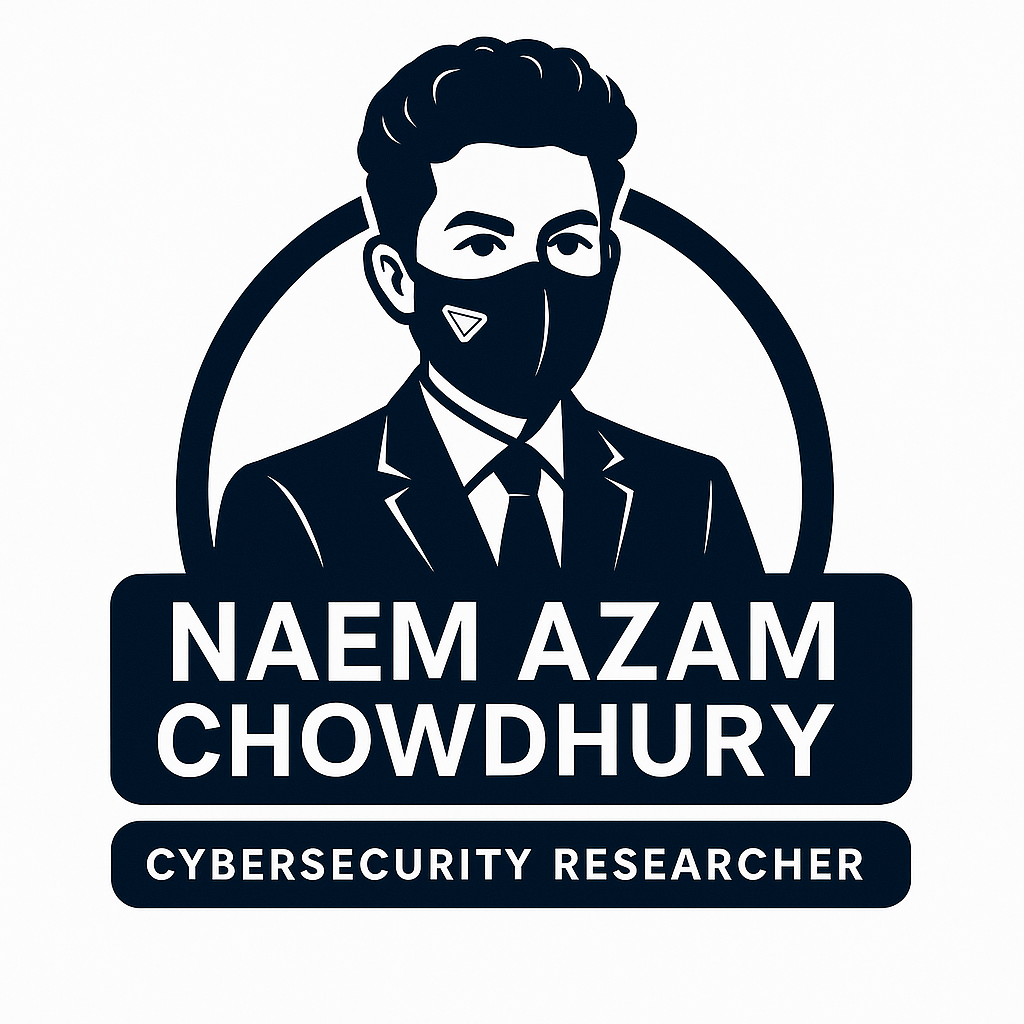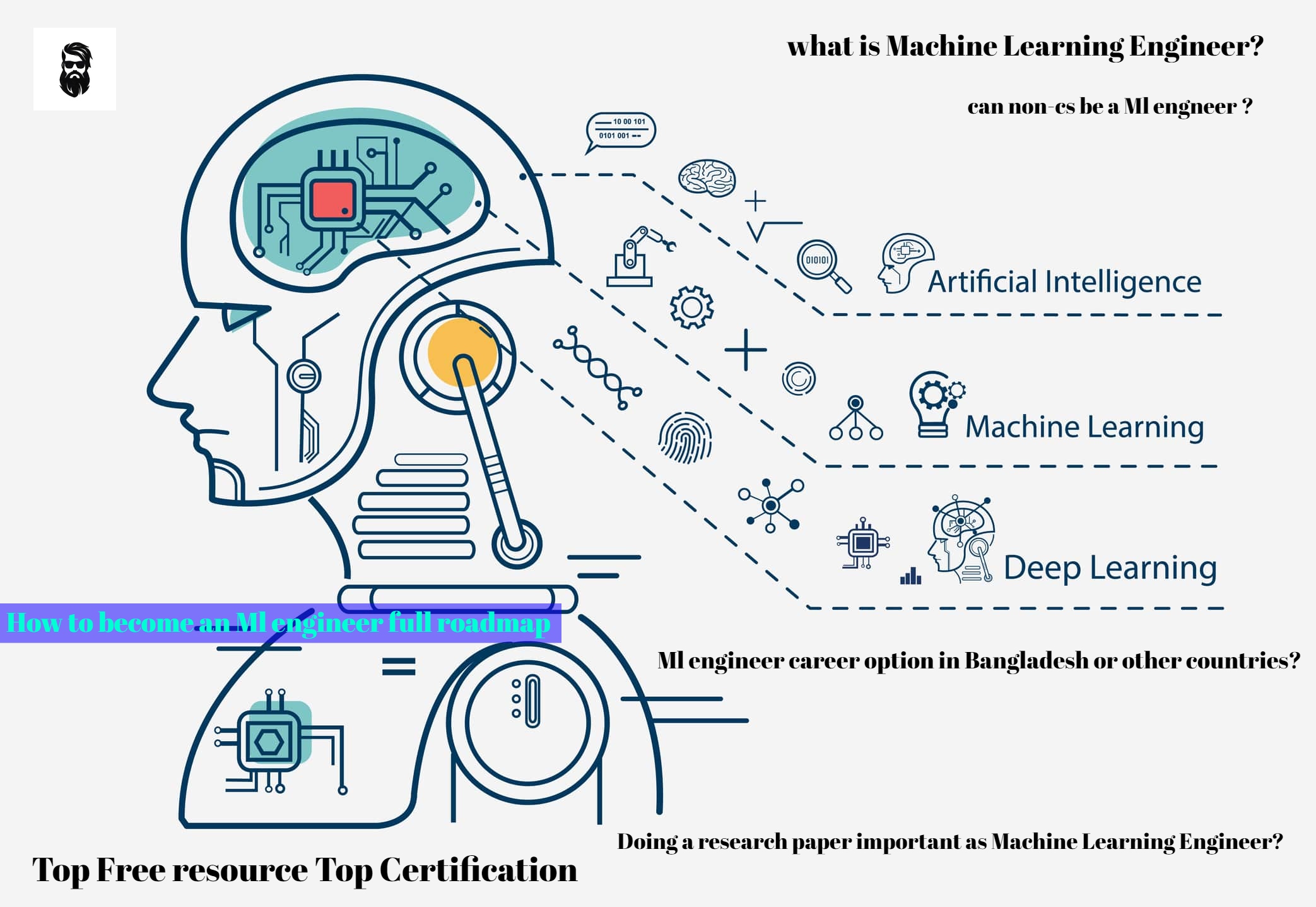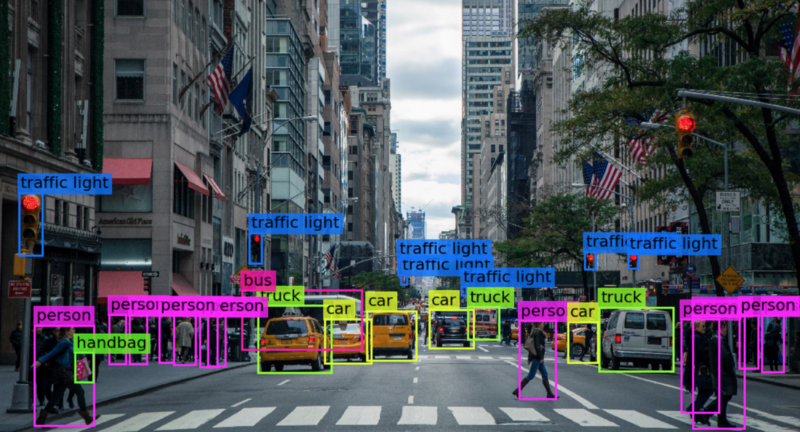Natural Language Processing (NLP) Engineer Full Guideline
A Natural Language Processing (NLP) Engineer is a professional who designs and builds computer systems that can process, analyze, and generate natural language. Natural language is the language used by humans in their daily communication, such as English, French, Spanish, and so on. NLP engineers develop algorithms, models, and applications that can understand and generate natural language, enabling machines to interact with humans in a more natural and intuitive way.
NLP involves several subfields, such as syntactic analysis, semantic analysis, sentiment analysis, named entity recognition, machine translation, and speech recognition. NLP engineers use techniques from machine learning, deep learning, and other fields to develop models and algorithms that can analyze and generate natural language data.
NLP is used in various applications, such as virtual assistants, chatbots, sentiment analysis, customer service, and language translation. NLP engineers work on building these applications and integrating them into existing systems. They also work on improving the accuracy and performance of NLP models and ensuring that they meet the required quality standards.
is making Natural Language Processing (NLP) Engineer in the future good?
Yes, the field of Natural Language Processing (NLP) is expected to grow in the future, and becoming an NLP engineer can be a good career choice. NLP is used in various industries, such as healthcare, finance, e-commerce, and education, to improve customer service, automate processes, and gain insights from large amounts of text data.
With the growing use of voice assistants, chatbots, and other conversational interfaces, the demand for NLP engineers is expected to increase. NLP engineers are also needed to develop applications that can analyze and summarize large volumes of text data, such as medical records, legal documents, and social media posts.
Moreover, advances in machine learning and deep learning have made it possible to develop more accurate and sophisticated NLP models, which can perform tasks such as sentiment analysis, language translation, and question answering. As a result, the demand for skilled NLP engineers who can develop and deploy these models is likely to increase in the future.
Overall, becoming an NLP engineer can be a good career choice for those who are interested in language, machine learning, and artificial intelligence.
what do we have to learn as Natural Language Processing (NLP) Engineer?
To become a Natural Language Processing (NLP) Engineer, there are several skills and knowledge areas you need to acquire. Some of these include:
- Programming skills: You need to be proficient in at least one programming language such as Python, Java, or C++, and have a good understanding of data structures, algorithms, and software engineering principles.
- Machine learning: You need to have a solid foundation in machine learning algorithms, including supervised and unsupervised learning, and be familiar with deep learning techniques such as convolutional neural networks (CNNs) and recurrent neural networks (RNNs).
- NLP techniques: You need to have a good understanding of NLP techniques such as text preprocessing, named entity recognition, part-of-speech tagging, syntactic and semantic analysis, and sentiment analysis.
- NLP libraries and frameworks: You need to be familiar with NLP libraries and frameworks such as Natural Language Toolkit (NLTK), spaCy, Stanford CoreNLP, and Gensim.
- Data science: You need to have a good understanding of data science concepts such as data visualization, statistical analysis, and data manipulation.
- Communication and teamwork: You need to have good communication and teamwork skills, as NLP engineers often work in teams with other data scientists, software engineers, and product managers.
- Industry knowledge: You need to be familiar with the specific industry or domain you will be working in, such as healthcare, finance, or e-commerce, to better understand the needs and requirements of the applications you will be developing.
By developing these skills and knowledge areas, you can become a successful NLP Engineer and contribute to the development of innovative NLP applications.
Professional career roadmap as a Natural Language Processing (NLP) Engineer
Here is a professional career roadmap for becoming a Natural Language Processing (NLP) Engineer:
- Education: Start by getting a degree in a relevant field, such as computer science, linguistics, or artificial intelligence. Many NLP engineers hold a master's degree or a Ph.D. in one of these fields.
- Internships or Entry-Level Positions: Consider applying for internships or entry-level positions in the industry to gain practical experience and build your portfolio. These positions can also help you build a network of professionals in the field.
- Acquire Skills and Knowledge: Acquire the skills and knowledge necessary to become an NLP Engineer, such as programming skills, machine learning, NLP techniques, NLP libraries and frameworks, data science, and communication and teamwork skills.
- Build a Portfolio: Develop a portfolio of projects that showcase your skills and expertise, such as a chatbot, a sentiment analysis tool, or a language model. These projects can demonstrate your ability to work on real-world NLP problems and provide evidence of your skills to potential employers.
- Networking: Attend conferences, meetups, and other industry events to network with other NLP professionals, learn about the latest developments in the field, and gain exposure to different applications of NLP.
- Specialization: Consider specializing in a particular area of NLP, such as machine translation, speech recognition, or conversational agents. Specialization can help you stand out in the job market and become an expert in a specific area.
- Leadership and Management: As you progress in your career, consider developing leadership and management skills, such as project management, team leadership, and strategic thinking. These skills can help you move into more senior positions or start your own NLP startup.
Overall, becoming an NLP Engineer requires a combination of education, practical experience, and a diverse set of skills and knowledge areas. By following this career roadmap, you can build a successful career as an NLP Engineer and contribute to the development of innovative NLP applications.
professional certification Natural Language Processing (NLP) Engineer
There are various professional certifications available for Natural Language Processing (NLP) engineers, offered by well-known industry associations, academic institutions, and technology vendors. Some of the popular certifications for NLP engineers include:
- Certification in Natural Language Processing by Coursera
- Certified NLP Engineer by CognitiveScale
- IBM Data Science Professional Certificate with a focus on NLP
- Certified NLP Engineer by NLP People
These certifications cover a wide range of topics, including NLP techniques and tools, machine learning, deep learning, and data processing. They demonstrate to employers that you have the knowledge and skills required to excel in the field of NLP engineering. Additionally, some of these certifications require you to complete a set of projects, which can help you build a strong portfolio of work that demonstrates your expertise in NLP.
A free resource for learning Natural Language Processing (NLP) Engineer
There are many free resources available for learning Natural Language Processing (NLP) Engineering. Here are a few:
- Natural Language Processing with Python: This is a free online book that provides a comprehensive introduction to NLP using the Python programming language.
- NLP Course by Stanford University: This is a free online course that covers the fundamentals of NLP, including language modeling, part-of-speech tagging, and sentiment analysis.
- NLP Tutorials on PyTorch: PyTorch provides free tutorials on NLP, covering various topics, including neural network-based approaches to NLP.
- Google AI Education: Google's AI Education offers free courses and tutorials on NLP, including an introduction to NLP and an advanced course on deep learning for NLP.
- NLTK Book: The Natural Language Toolkit (NLTK) provides a free online book that covers various aspects of NLP, including tokenization, stemming, and named entity recognition.
- Udacity NLP Nanodegree: Udacity offers a free NLP Nanodegree that covers the fundamentals of NLP and various applications of NLP, including chatbots and sentiment analysis.
These resources are a great starting point for anyone interested in learning NLP. They provide a strong foundation in the fundamental concepts and practical applications of NLP, and many of them offer hands-on exercises and projects that allow you to apply what you've learned.









